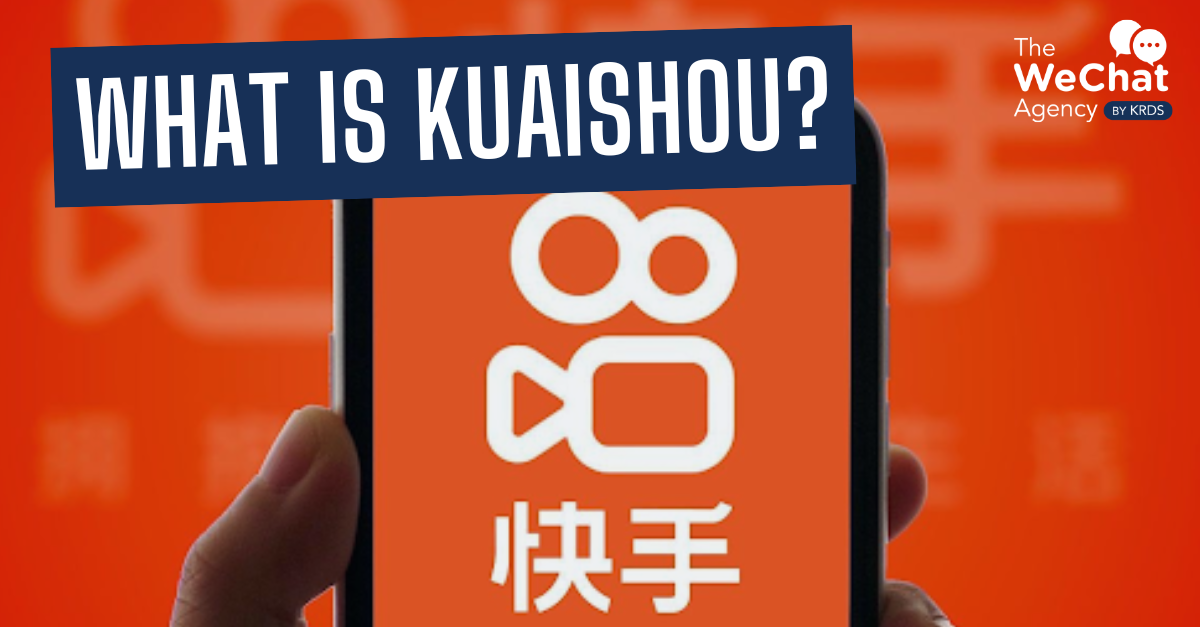Alibaba goes after JD’s direct retail model with new e-commerce app:
It is establishing a new online platform that will follow the direct sales strategy of rival JD’s. Maoxiang, the new platform’s name, will first focus on consumer electronics.
Why it matters:
Alibaba is trying out different models to boost business growth amid weakening consumer spending, intensifying competition, and tightening regulations.
Details:
Maoxiang will adopt a direct retail model. The online platform can sell branded merchandise directly to consumers, having more control over sourcing, quality, storage, delivery, and after-sales.
For starters, the platform will focus on selling consumer electronics products, big-ticket items that JD also focused on during its early days. SF Express and Danniao Logistics are possible couriers for the service to ensure next-day doorstep delivery.
Link: https://technode.com/2022/02/18/alibaba-goes-after-jds-direct-retail-model-with-new-e-commerce-app/
Chinese otome games mark Valentine’s Day with fresh female content
Chinese female-oriented online games released new content to celebrate Valentine’s Day and attract new players.
Why it matters:
Otome (Japanese for “maiden”) games are primarily role-playing games aimed at female gamers (RPG). These online games pander to the emotional demands of female gamers by giving a variety of love fantasies. For these game designers, Valentine’s Day has become the most popular annual event.
Details:
Eight out of the top 10 otome games listed on TapTap, a game review platform and player community, released special content for Valentine’s Day.
For example, I Should Be a Rich Lady, the most downloaded otome game in Apple’s Chinese app store, unveiled Valentine’s Day contest on Feb. 10. Players are asked to vote for their favourite romantic characters. The game maker, Tomato Games, produced customized stickers for the winning character based on the votes. The game’s app ranks fourth overall in Apple’s RPG category.
Mr Love: Queen’s Choice, produced by Papergames, also released an update, adding more holiday plots and scenes. Players have the chance to win cash and other game content rewards (in Chinese) during the time-limited update.
How fashion can leverage blind box marketing in China
Blind boxes have grown into a massive industry that is expected to be worth 30 billion yuan ($4.6 billion) by 2024. Many Chinese consumers enjoy unexpected content, which fashion firms may use to create interesting narratives.
The problem is figuring out how to make blind box marketing work for fashion and luxury firms. Lanvin, which developed a blind box lottery on its Wechat mini programme for Chinese Valentine’s Day in August, is one luxury brand that has previously tried the waters.
Lanvin, a Chinese company controlled by Fosun International, set a low threshold for entrance into their Chinese Valentine’s Day lottery last August. To participate, participants simply had to pay 200 yuan. Team or group games might be played, garnering 50,000 players in a month and five-folding Lanvin’s Wechat views.
Link: https://www.voguebusiness.com/consumers/how-fashion-can-leverage-blind-box-marketing-in-china
Beauty in 2021: Trends, Observations, and KOL+KOC Marketing
Competition between domestic brands, both old and new, is increasing, as is competition between domestic brands and foreign brands. Limited collections and interesting brand ambassadors are used by brands to captivate consumers.
Men’s make-up, body care, and other beauty and skincare categories grew by triple digits, with male perfume consumption increasing threefold in four years.
Link: https://mp.weixin.qq.com/s/BXK4dLCsxNdAI9imxLj0LA
Why do more and more brands choose Dewu(得物)?
The ranking of Dewu in the IOS app store has been in the top 10 of the app store for a long time. Judging from the IOS store rankings and the average daily downloads of more than 100000 users, Dewu has now become a “platform level” product. More and more brands and service providers have begun to invest Dewu.
At present, more than 5000 brands have settled in, mostly fashion wear” brands and high-end brands, such as sports brands Adidas, luxury brands ascoach, Michael Kors, Armani, and so on.
The reason why high-end brands choose Dewu is mainly due to the following two points:
- The user group and consumer demand are expanding.
The consumer demand of users grows as user groups expand: some guys are interested in shoes, watches, accessories, and men’s apparel; girls require women’s clothing, beauty makeup, and skincare goods, among other things. There is space for brand development due to consumer demand. At the same time, the “post-90s” account for more than 80% of property users, according to the most recent government statistics. Young people are the target audience for high-end brands. - Second, the content community system is also good for the brand.
The platform will guide customers to consistently develop high-quality content in Dewu’s content community system. When producing news on Dewu, for example, the platform will provide “high-quality strategic advice” to help people write high-quality news. Dewu’s current content community, like Xiaohongshu’s, is in UGC mode, with many KOL and MCN institutions settling in. According to official public data, Dewu collaborated with approximately 100 MCN institutions in the first half of 2021.
